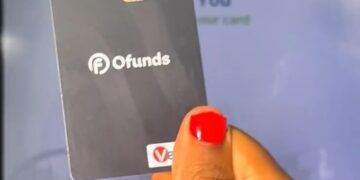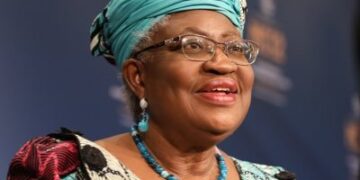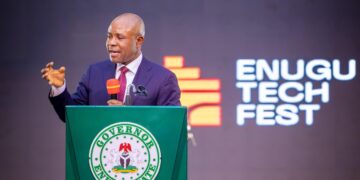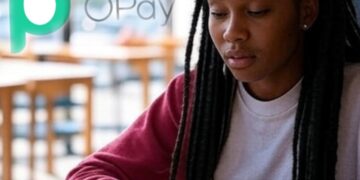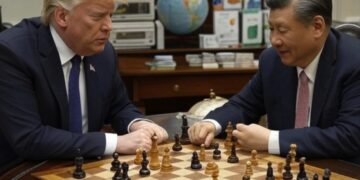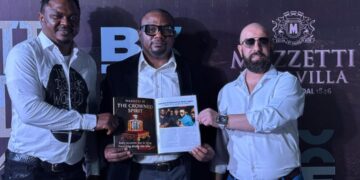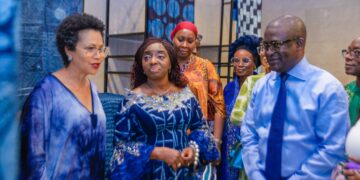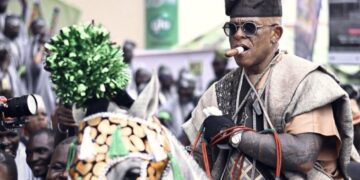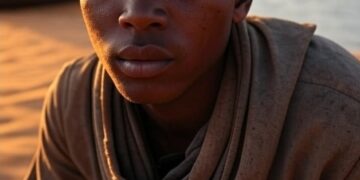On this International Widows’ Day, Fovwe, a woman of resilience and raw honesty, steps into the light to share her deeply personal story. Her words, laced with pain, humor, and hope, unravel the complex tapestry of widowhood—a journey that reshapes identity, challenges societal perceptions, and demands courage to redefine one’s place in the world.
“My name is Fovwe, and I am a widow.” The words feel heavy, almost foreign, as I say them aloud for the first time. They carry the weight of a truth I’ve grappled with since my husband’s passing—a truth that has left me questioning who I am, what I am, and what I’ve become. Today, on International Widows’ Day, I’m claiming this identity, not because it’s easy, but because it’s mine.
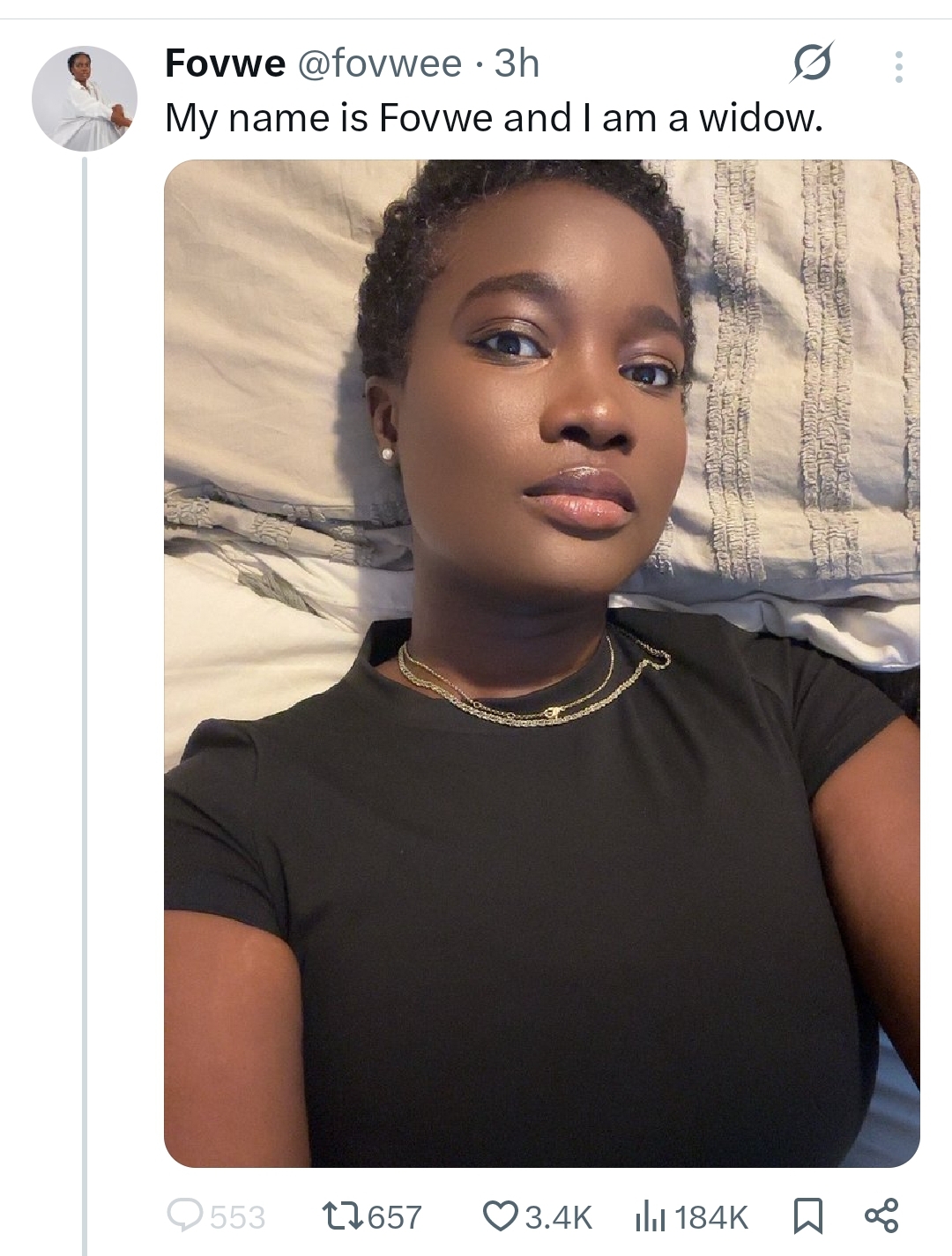
Widowhood isn’t just a word; it’s a seismic shift. When my husband died, I didn’t just lose the love of my life—I lost the framework of my identity. For years, I was his wife, proudly carrying his surname, embodying a role I cherished. It wasn’t up for debate; it was who I was. But now, without him, I’m left wondering: Is this name still mine? Do I keep it, change it, or give it back? The questions haunt me, making me feel like a fraud in my skin.
Society doesn’t make it easier. “You don’t look like a widow,” people say, meaning it as a compliment. But those words sting, deepening my sense of displacement. What does a widow look like? Am I not grieving or broken enough, to fit the mold? I cope with dark humor, cracking jokes to mask the ache, but the truth is, I’m spiraling. A simple question at the bank—“What’s your marital status?”—sent me into a tailspin. Single? Widowed? Married to a memory? I left the form blank and haven’t returned.
The pain of losing my husband is indescribable, a wound that never fully heals. But nothing—nothing—prepared me for the agony of watching my children mourn. As a mother, I’m their rock, but how do I carry their grief when I’m crumbling? I lost my father young, so I know the void they’re navigating. Yet, there’s no manual, no wisdom to draw from, when I come home from a grueling day to find my teenager curled up, sobbing, desperately dialing his father’s number. In those moments, I stare at my hands, half-expecting them to vanish like in an Avengers movie, praying this is all a nightmare.
“Kini mo wa de bi?”—a Yoruba phrase meaning “What have I come here to look for?”—echoes in my mind. It’s a question I’ve asked myself repeatedly, searching for answers in the silence. But I’m beginning to understand that this is my new reality. And so, I’m taking ownership of it, starting with the word “widow.” It feels fraudulent now, but I hope it becomes an anchor, a stepping stone on my journey of rediscovery.
This International Widows’ Day, I’m not just sharing my story—I’m issuing a heartfelt plea to the good men reading this. To the husbands, fathers, and partners: Your presence is irreplaceable. Your absence will shatter worlds. We, the women who love you, beg you—don’t leave us with a name we can’t answer, an identity we’ll struggle to embrace. Your loss will leave scars we’ll carry forever. Please, don’t die young.
My name is Fovwe, and I am a widow. This is my truth, my anchor, my beginning. Here’s to rebuilding, one brave step at a time.
About International Widows’ Day
Observed annually on June 23, International Widows’ Day raises awareness about the challenges widows face, from social stigma to economic hardship. Fovwe’s story is a powerful reminder of the resilience and strength it takes to navigate this journey. Support organizations like [Insert Relevant Charity/NGO] to empower widows worldwide.
Get Involved
Share your story or honor a widow in your life on social media using #InternationalWidowsDay. Together, we can amplify their voices and foster a world of understanding and support.



